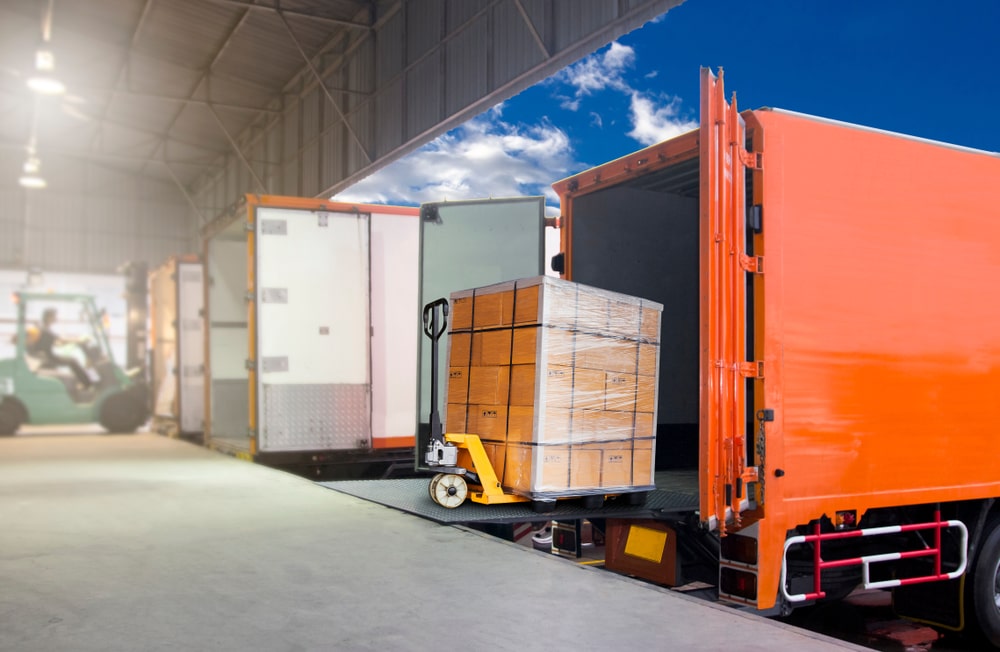Dry bulk is one of the most traded commodities in the world. Raw materials are shipped in large unpackaged parcels to be used in global manufacturing and production, including grain, lime, fly ash, coal, minerals, cement, metals, and more.
With the magnitude of this industry, dry bulk transportation is a process that requires detailed planning and incredible logistics between the shipper, receiver, and carrier. Most, if not all, dry bulk suppliers appoint the expertise of bulk solutions transport companies for safe and reliable transportation.
This article details five of the most important things to know about dry bulk transportation and what to expect in the process.
1. The loading process
Typically, an employee is in charge of communicating and assisting the driver with loading material into a dry bulk trailer. However, before you begin the loading process, make sure that the trailer is clean, dry, and odour-free. Double-check that the seals on the manholes and valves are closed tightly, so materials do not leak out.
The loading process is relatively simple and involves a chute attached to a silo to fill the trailer. Some material requires air pressure to move the product, which takes a skilled worker to pressurize the trailer and adjust the air correctly. Transport companies that specialize in bulk solutions are well-versed in the loading process with fully-trained personnel.
2. The unloading process
Once the driver has verified with the office that the delivered product is the same product the company expects, the unloading process begins. An experienced driver will have properly planned the job to ensure there is enough hose length to connect the trailer to the tank. They will also know the right amount of pressure to avoid clogging the hose or pipes.
This highlights the importance of having a driver trained in dry bulk transportation on your side. Without proper logistics and planning, downtime increases along with the risk of spills and product loss.

3. You will need adequate insurance
Transporting material from point a to point b comes with risks, regardless of how skilled and trained the driver is. With mass dry bulk, you’ll need at least $1 million in liability insurance and cargo insurance, which can vary with load value.
Transport companies that offer bulk solutions are well-informed with insurance requirements to ensure that both parties are protected against financial liability should material be lost.
4. Be conscious about rates and efficiency
If you’re new to dry bulk transportation, bear in mind that shipping costs remain the same whether you fill the trailer halfway or all the way up. Some materials require a special vacuum unit and other loading and off-loading equipment that will likely cost extra.
Some bulk solutions transport companies also dedicate trailers for specific material to prevent cross-contamination. These are all important considerations in keeping costs down and transportation efficient.
5. Requires specific driver training
While driver training may be perceived as simply transporting the product from one location to its destination, many other little details are involved. Drivers need special skills to manage the equipment, must be safety-oriented, and fully-trained to deliver the product as efficiently and safely as possible.
